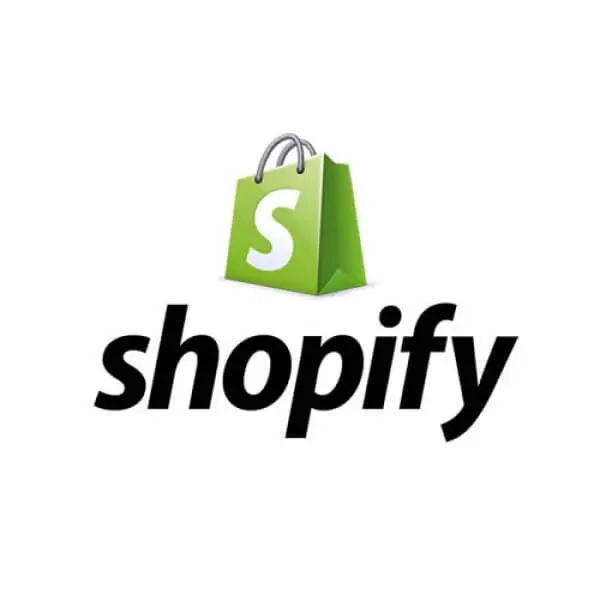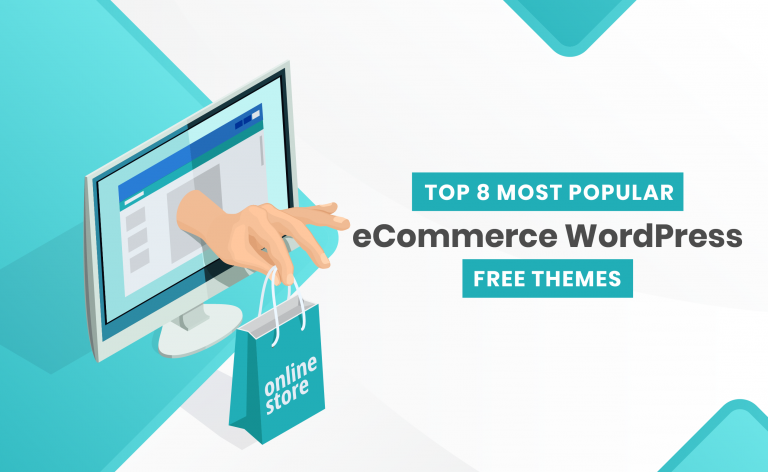Shopify, a widely recognized name in the ecommerce industry, has firmly established itself as a flexible and scalable platform.
It is suitable for businesses of all sizes, from small and medium-sized enterprises to larger, more established companies.
Fourthwall focuses more on serving individuals and smaller businesses looking to create and sell their own brands, merchandise, and memberships.
If you are considering one of these two platforms for your online venture, you must read it to the end.
In the subsequent sections, we will delve deeper into the features, capabilities, support options and other offerings by these two ecommerce solutions.
Stay right here.
Platforms Supported
When it comes to platform support, Shopify and Fourthwall offer distinct approaches.
Shopify
Shopify is a highly flexible platform that supports a wide range of devices and operating systems, including Windows, SaaS/Web, on-premises installations, iOS, Android, and Chromebook.
This allows businesses to seamlessly integrate Shopify into their existing technology infrastructure and reach customers across multiple platforms.
Shopify’s expansive platform support enables businesses to tailor their online presence to their specific needs and preferences.
Whether you prefer a traditional desktop experience, a cloud-based solution, or a mobile-friendly approach, Shopify has you covered, ensuring a consistent and engaging customer experience across a variety of devices and operating systems.
Try Shopify free followed by first month at just $1. No credit card required. Limited Time Offer.
Fourthwall
Unlike Shopify, Fourthwall is primarily a web-based platform, focusing on providing a robust online storefront and ecommerce functionality.
While the platform may offer some mobile-friendly features, its primary focus is on the web-based experience for businesses and users.
Target Audience
Shopify and Fourthwall offer distinct solutions that align with the needs of different types of businesses and individuals.
Shopify
Shopify is a versatile platform that appeals to a wide range of businesses, from small and medium-sized enterprises to larger, more established companies.
The platform offers scalable solutions and a comprehensive suite of features to accommodate the evolving needs of businesses at various stages of growth.
Whether you’re just starting your online venture or managing a well-established ecommerce operation, Shopify’s flexible and customizable platform can provide the tools and support you require to succeed in the digital marketplace.
Also Read: Ecwid vs Squarespace
Fourthwall
Fourthwall appears to be more targeted towards individuals and smaller businesses looking to establish their own brands, create and sell merchandise, and manage memberships.
The platform seems to offer a more tailored solution for these specific use cases, catering to the unique needs of entrepreneurs, influencers, and content creators who are looking to build and monetize their online presence.
Support Options
When it comes to ecommerce platforms, reliable and accessible support can make all the difference in the success of your online business.
Let’s take a closer look at how Shopify and Fourthwall approach customer support.
Shopify
Shopify’s users have access to phone, 24/7 live, and online support options, ensuring that help is always available, no matter the time of day or the nature of the issue.
The level of support can be particularly valuable for businesses that need reliable and timely guidance on day-to-day issues.
Explore: Fourthwall vs Spreadshirt
Fourthwall
You can reach out to Fourthwall customer support team via email and discord server.
Check Out: Shopify vs ClickFunnels
API Comparison
Shopify
Shopify boasts a comprehensive and well-documented API that allows businesses to connect their Shopify stores with a wide range of third-party applications and services.
The integration flexibility enables you to tailor your ecommerce operations by enhancing functionality, automating workflows, and streamlining data management.
Shopify’s API supports a diverse array of integrations, from accounting and shipping solutions to marketing and customer relationship management (CRM) tools.
Explore: Hostinger vs Shopify
Try Shopify free followed by first month at just $1. No credit card required. Limited Time Offer.
Fourthwall
Fourthwall was designed to be developer-friendly, and they provide an API that allows users to build unique experiences on top of their core platform.
The API enables creators to create custom solutions and integrate with Fourthwall’s services. You can find all available APIs in their Developer Docs.
Explore: Shopify vs Storyblok
Pricing & Trial Options
Take a look at their plans and pricing.
Shopify
Shopify offers a range of paid plans, with the most affordable option starting at $29 per month. These plans provide businesses with access to a comprehensive suite of features and tools to power their online operations.
Here are the plans:
- Basic – $29/m
- Shopify – $79/m
- Advanced – $299/m
- Plus – $2300/m
Additionally, Shopify offers the first month for $1, allowing you to explore the platform’s capabilities before committing to a paid subscription.
Check Out: Shopify vs Dukaan
Try Shopify free followed by first month at just $1. No credit card required. Limited Time Offer.
Fourthwall
Fourthwall is free without any monthly fees, upfront costs or limitations. Creators can set their own prices. Here’s how it works.
- The cost of the product is subtracted from your selling price so you keep the entire difference.
- There is no fees on selling self-sourced products.
- Memberships – 5% flat
- Digital products – 3% flat
- US credit card transactions have an added 2.9% + $0.30 payment processing fee (same as Shopify).
- Non-US credit cards have a 3.9% +$0.30 payment processing fee.
Explore: Fourthwall vs Printful
Training & Educational Resources
Shopify
Shopify’s extensive documentation covers a wide range of topics, from setting up your online store to optimizing your sales and marketing strategies.
From step-by-step guides to video tutorials, you’ll find the resources you need to get started and continually enhance your ecommerce operations.
In addition to the comprehensive documentation, Shopify also provides regular webinars, live online training sessions, and even in-person training opportunities.
These interactive learning experiences allow you to engage directly with Shopify experts, ask questions, and gain practical insights that can be immediately applied to your business.
Explore: Threadless vs Fourthwall
Try Shopify free followed by first month at just $1. No credit card required. Limited Time Offer.
Fourthwall
Fourthwall users have access to their Blog section along with a knowledge base to help them in getting started and manage their shop.
Also Read: Fourthwall vs Spring
Conclusion
Whether you’re a small or mid-sized enterprise, or an individual looking to build a brand and sell merchandise, this comparison should help you navigate the ecommerce landscape and select the platform that aligns with your specific goals and requirements.
While Shopify is known for its excellent ecommerce features, robust support, scalable solutions, and positive user feedback, Fourthwall’s tailored offerings for individuals and smaller businesses are equally useful.
Ultimately, the choice between Shopify and Fourthwall will depend on your unique business needs, budget, and the specific features and capabilities you require from an ecommerce platform.













